India Reporting Project at UC Berkeley
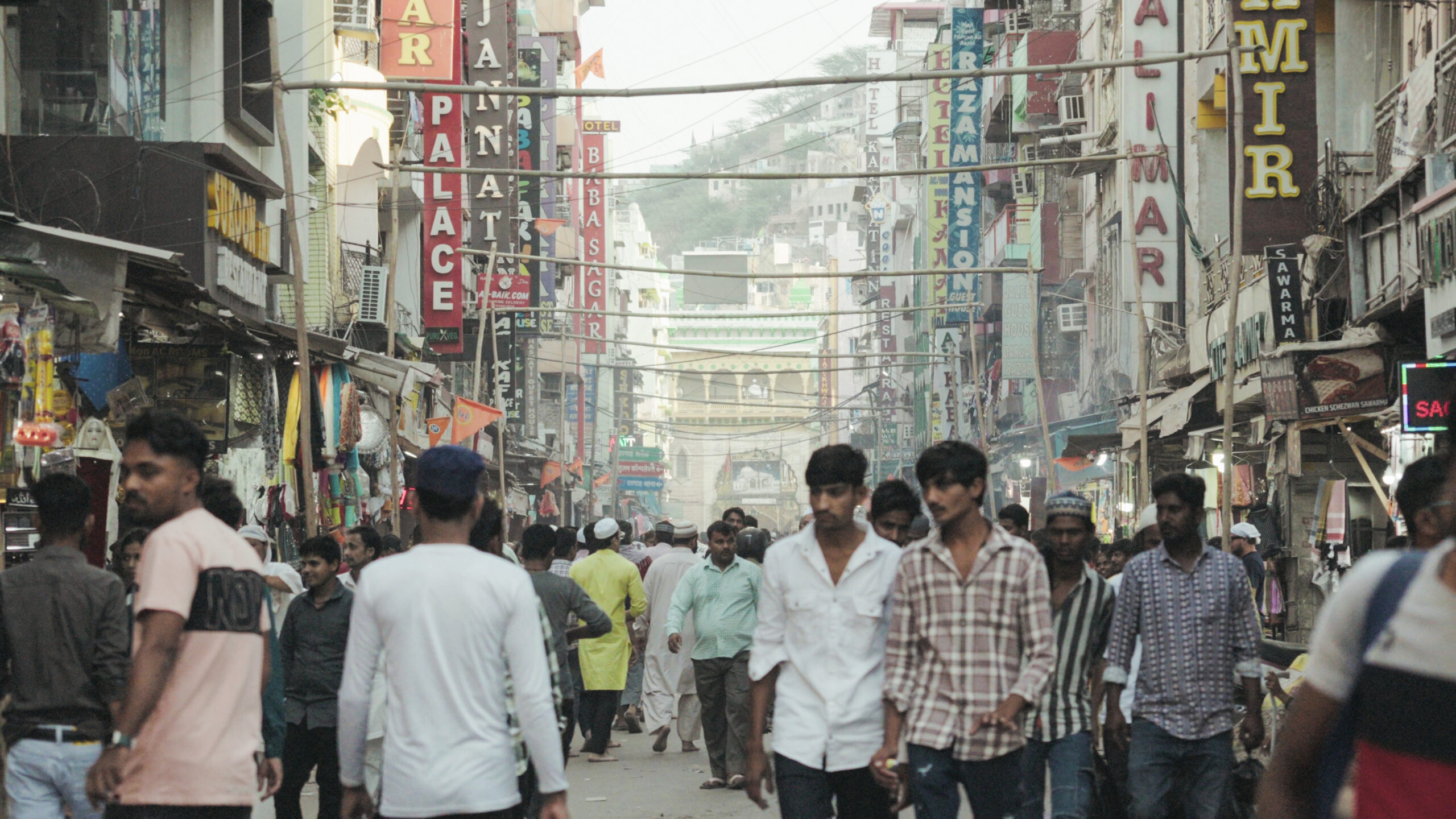
From New Delhi to Mumbai, down to Kerala, over to Bihar and even venturing into Kashmir, students from UC Berkeley Journalism have crisscrossed India in pursuit of stories.
In an effort to better train young journalists to cover a complex country like India, Berkeley Journalism and the Chatterjee Charitable Foundation came together to establish the India Reporting Project, which was launched in 2003 with a small group of UC Berkeley journalism graduate students.
Since then, India’s middle class has grown rapidly, and Bangalore now has more IT professionals than Silicon Valley. India’s highly educated workforce is entering the global market, and the country is quickly becoming a major economic power. Even so, a majority of Indians still depend on agriculture to make a living, lack access to safe drinking water and cannot access basic health care. More people in India subscribe to a cell phone service than have access to a proper toilet, an oft quoted fact that illustrates the tension between a country moving forward and those being left behind.
The rapidly changing tide in India demands journalists who understand and are familiar with the diverse country.
Throughout the semester, students gain knowledge, interdisciplinary skills and abilities for reporting in their respective region. These skills culminate in a paid reporting trip during spring break in which students apply their learning to write stories, produce films and create multimedia projects.
The Class of 2024 presented their print and video stories from India at The Institute for South Asia Studies.
You won’t just report about these countries, you’ll report from these countries.
What Our Graduates Say...
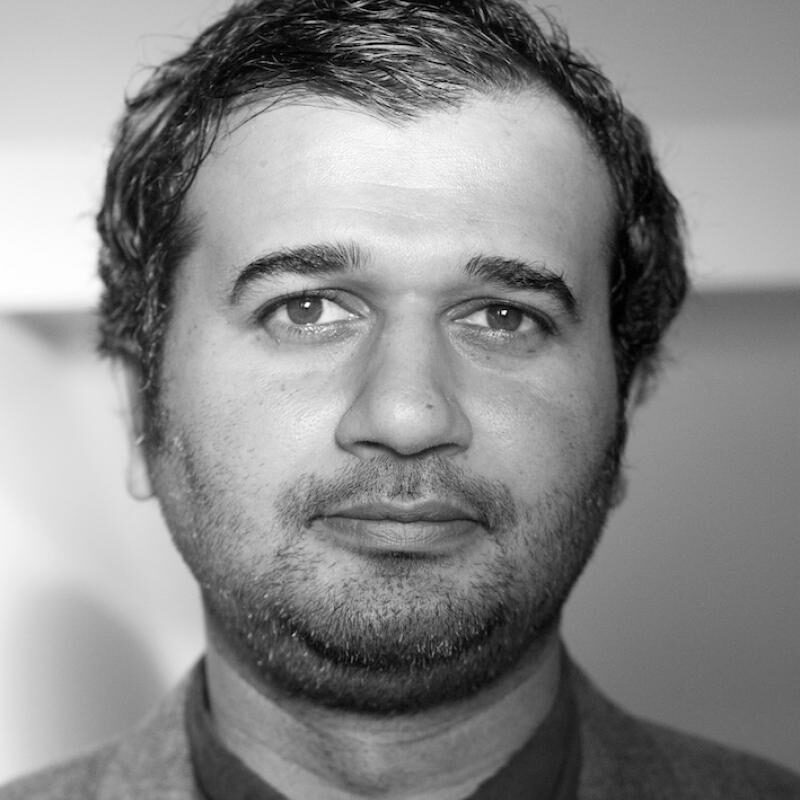
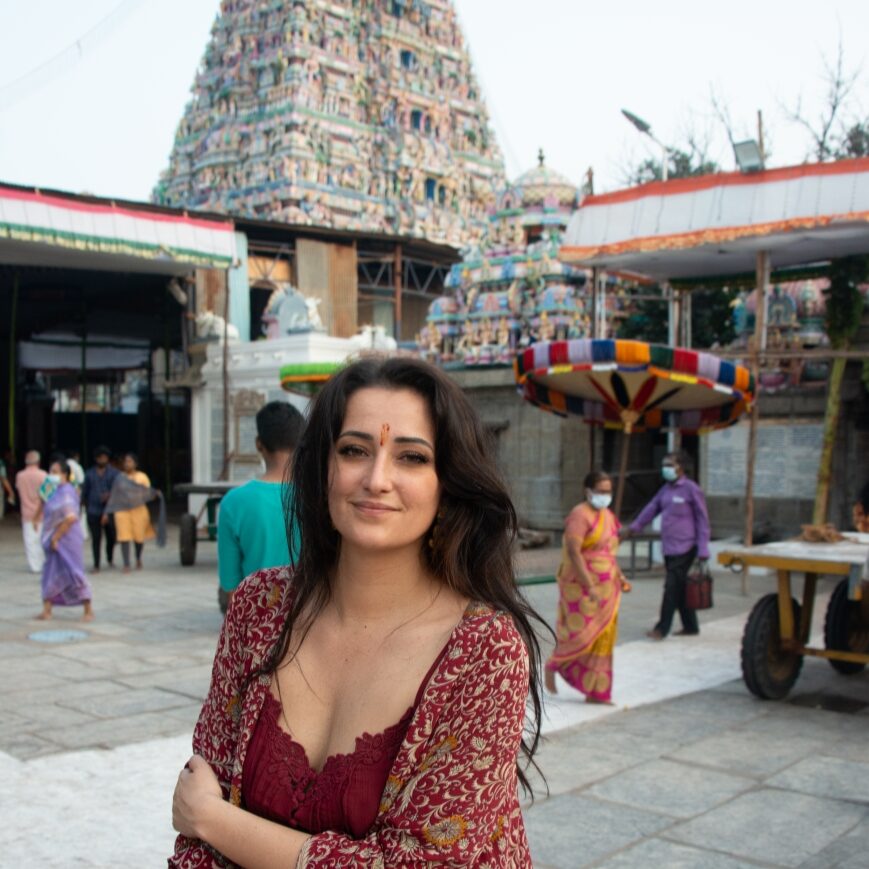


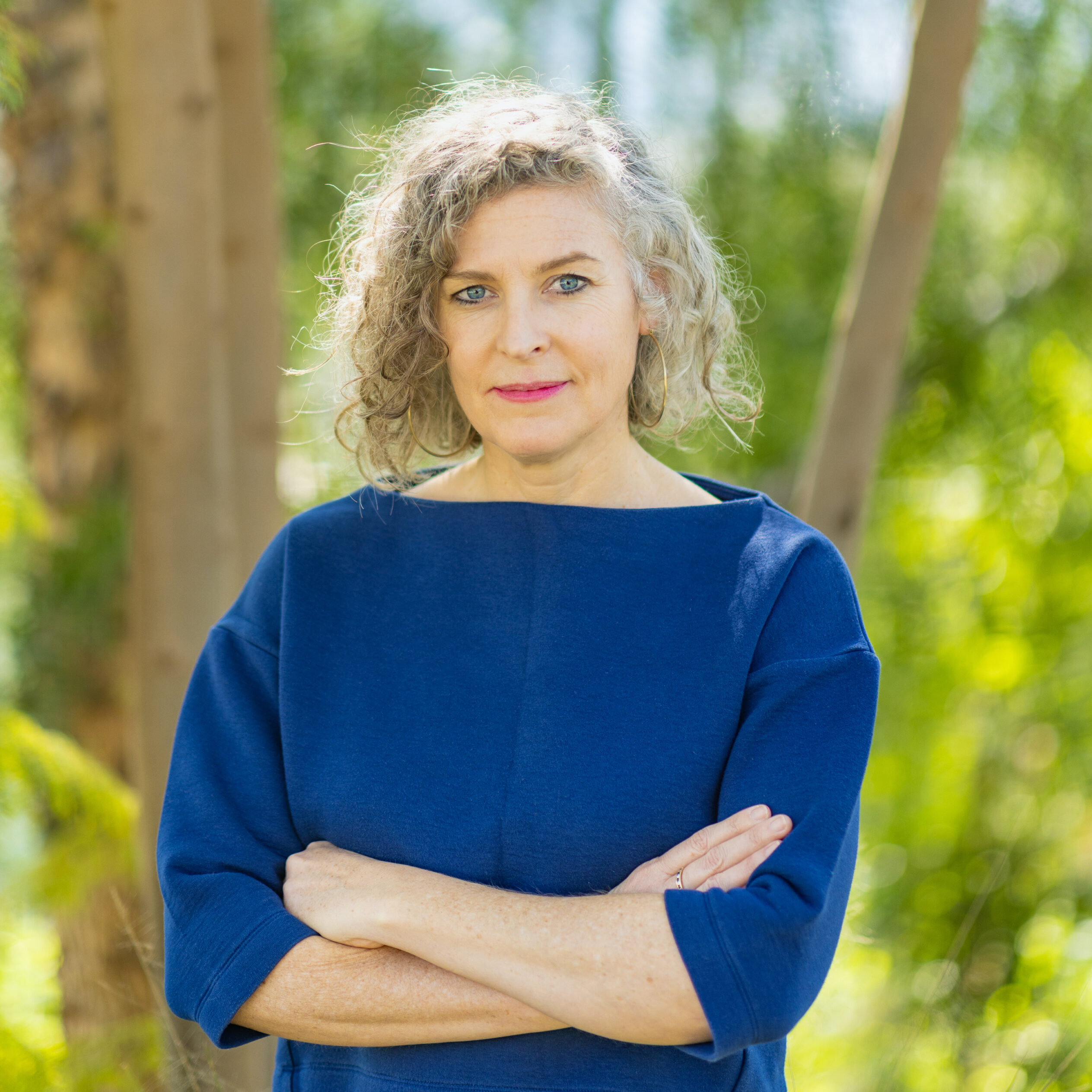
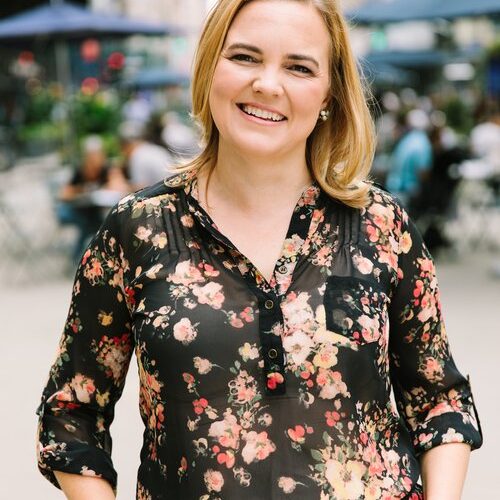
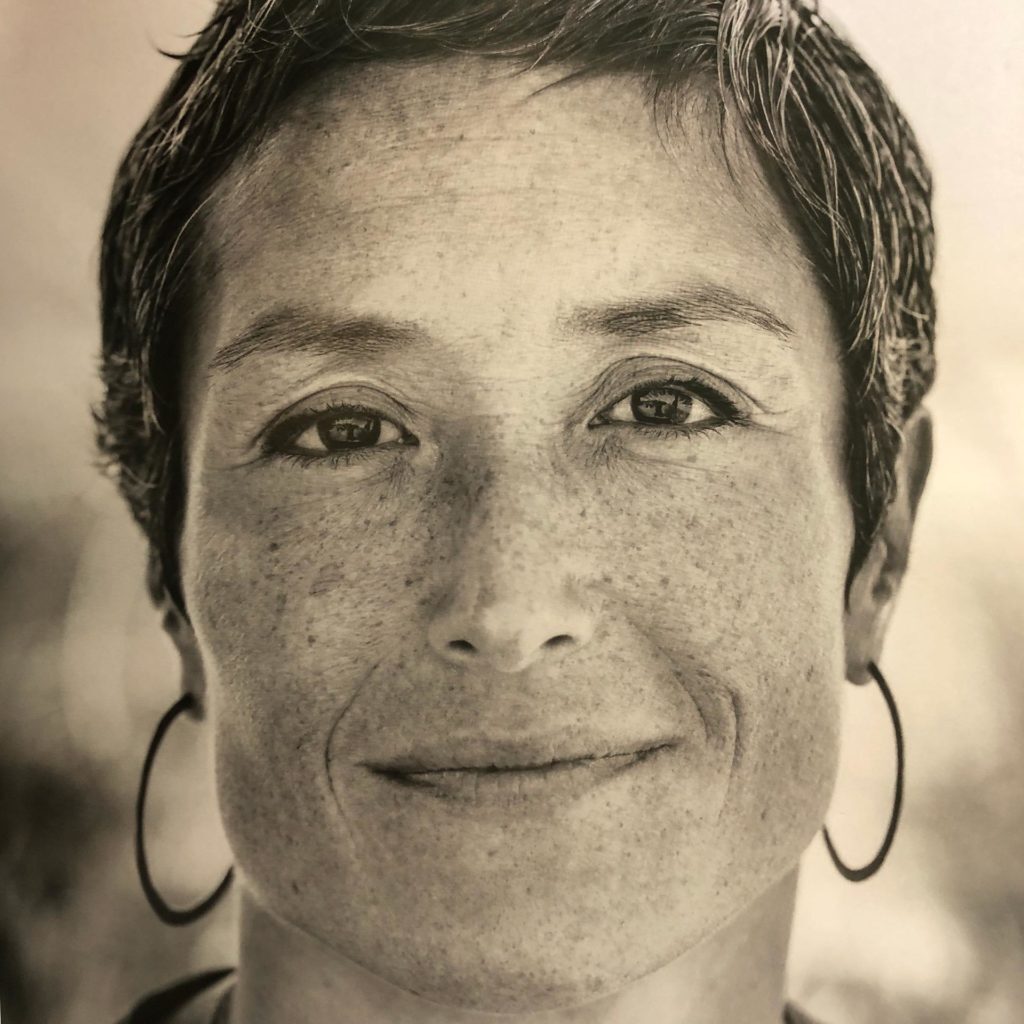






Hyderabad Rising

A short documentary produced by Emma Schwartz and Mallory Newman ('19) about a network of government-funded boarding schools that are empowering girls in the lowest castes. The Telangana Social Welfare Schools are attempting to break a thousand-year-old cycle of caste, gender and class oppression, but their path has been riddled with challenges and opposition.
How A Team Of Incredible Ladakhi Women Hockey Players Broke India's Ice Ceiling
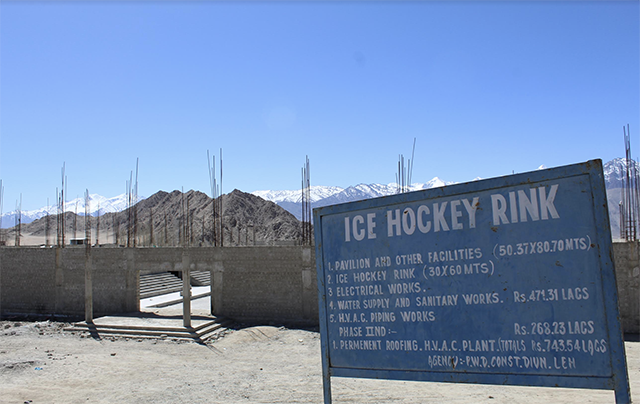
Using borrowed equipment on frozen ponds, a crew of former figure skaters are chasing their dream of winning an international ice hockey tournament. Sam Goldman ('19) reports on the fascinating history of women's hockey in India, for the Huffington Post.
Jobs Crisis: India’s Teachers are Renting Out their Government Jobs
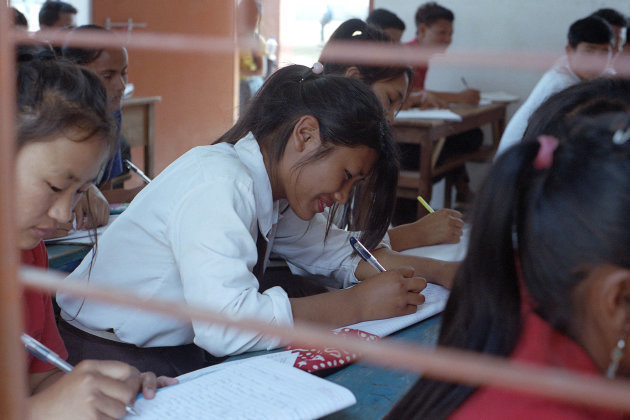
Caleb Hampton ('19) investigates how In Nagaland and many other Indian states, proxy teachers with questionable qualifications are creating a generation of children who are being educated only in name, for the Huffington Post.
